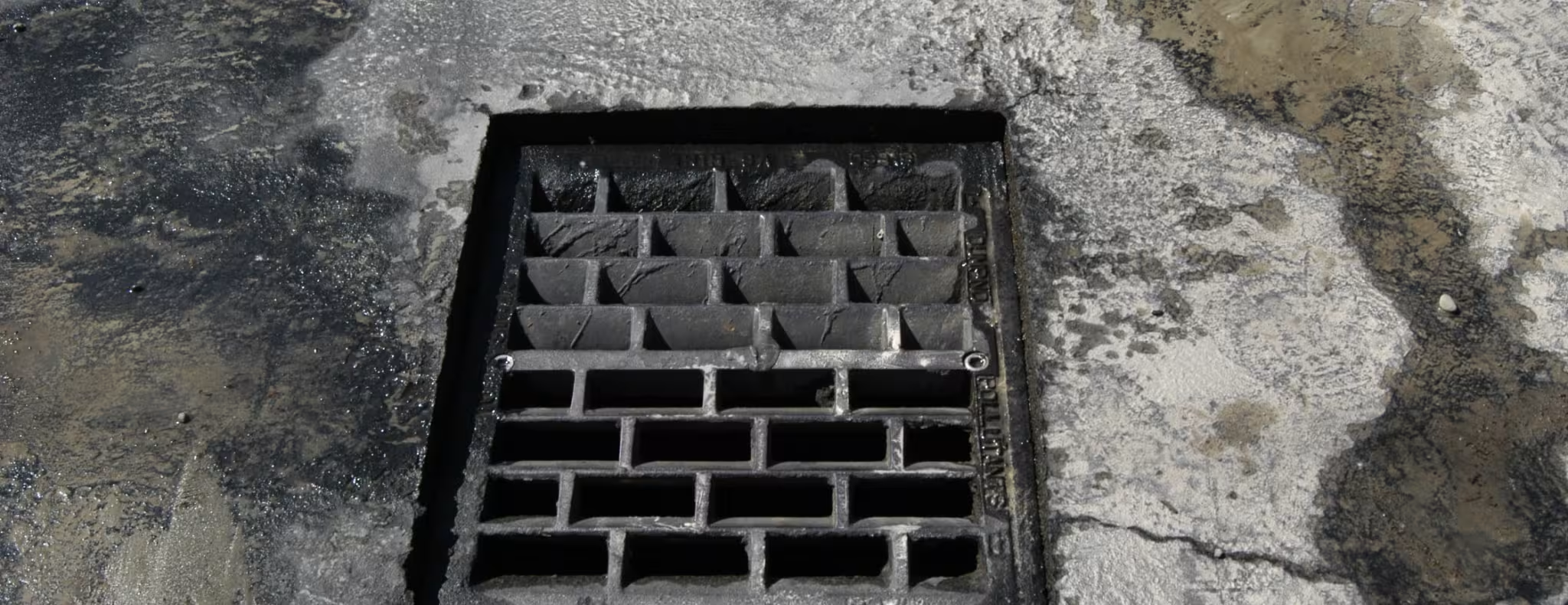
Catch Basin Larvicide Treatment Waiver Form
If you have a catch basin on your property and would like it treated, complete and submit the form below or use the Larvicide Waiver form (PDF).

If you have a catch basin on your property and would like it treated, complete and submit the form below or use the Larvicide Waiver form (PDF).
Subscribe to WDG’s Stay Well Blog and get notified when new articles are published.
